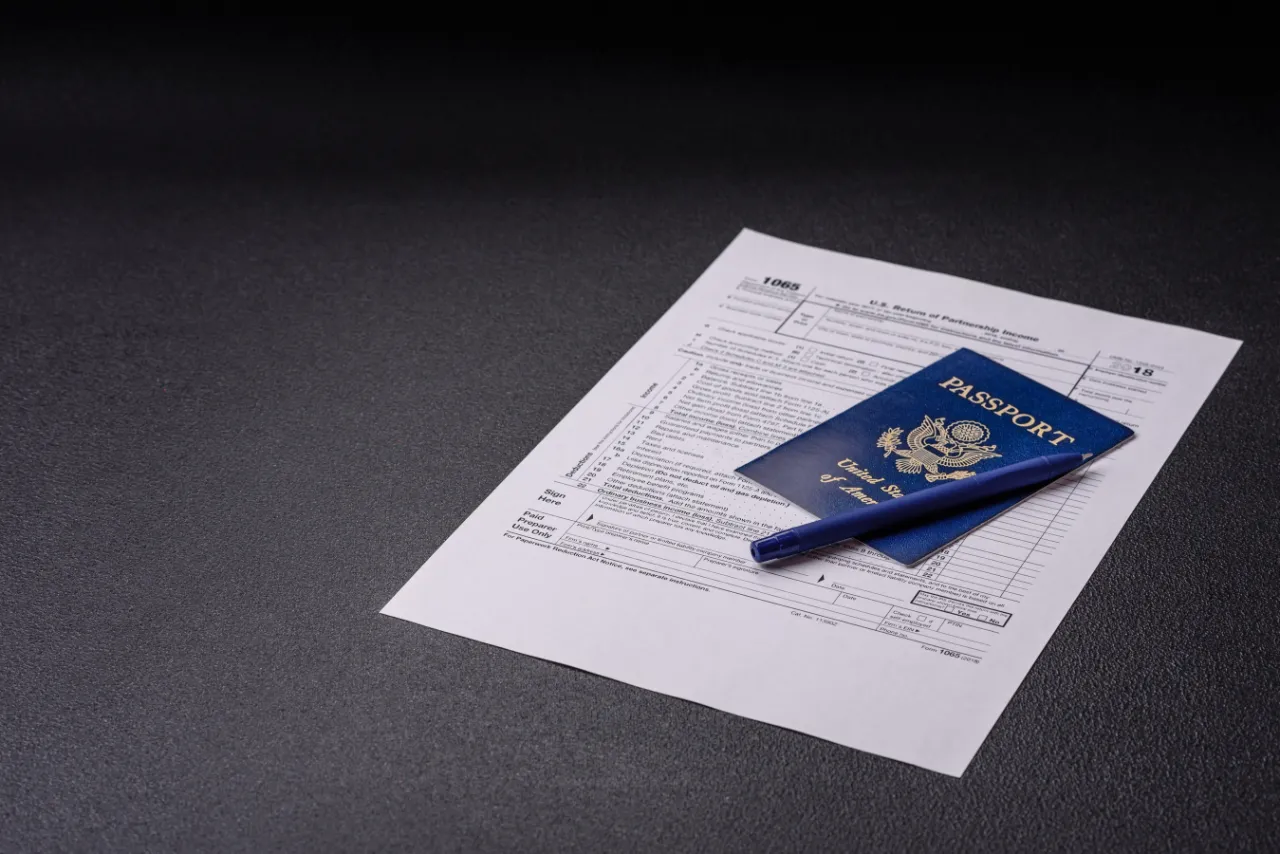Anxiety
Anxiety is a common emotion that everyone experiences. It’s a natural response to stress, uncertainty, or danger.
However, when anxiety becomes persistent and overwhelming, it can interfere with daily life. This is when it transforms into an anxiety disorder.
Understanding anxiety, its symptoms, and how to manage it is crucial. It’s not just for those who suffer from it, but also for their loved ones and society at large.
In this article, we’ll delve into the world of anxiety, exploring its many facets, and providing practical tips for anxiety management. Let’s break the stigma surrounding mental health together.
Understanding Anxiety
Anxiety is more than just feeling stressed or worried. It’s a prolonged feeling of unease, like a fear or worry that doesn’t go away.
This feeling can be triggered by many things. It could be a stressful event, a genetic predisposition, or even certain lifestyle choices.
Anxiety disorders, however, are different. They are a group of mental illnesses that cause constant and overwhelming anxiety and fear.
The exact cause of anxiety disorders is unknown, but it’s likely a combination of genetic and environmental factors.
Common Symptoms of Anxiety
Anxiety can manifest in many ways. It’s not just a mental state, but can also cause physical symptoms.
Common mental symptoms include constant worry, restlessness, and trouble concentrating. On the other hand, physical symptoms can include a rapid heart rate and quickened breathing.
Here are some common symptoms of anxiety:
- Constant worry
- Restlessness
- Trouble concentrating
- Rapid heart rate
- Quickened breathing
Remember, everyone experiences anxiety differently. These symptoms are just a few examples.
Anxiety Disorders: Types and Prevalence
Anxiety is not always a bad thing. It’s a natural response to stress. But when it becomes chronic, it can lead to an anxiety disorder.
There are several types of anxiety disorders. These include Generalized Anxiety Disorder (GAD), Panic Disorder, and Social Anxiety Disorder.
Here are some common types of anxiety disorders:
- Generalized Anxiety Disorder (GAD)
- Panic Disorder
- Social Anxiety Disorder
These disorders are prevalent worldwide, affecting millions of people’s daily lives.
Managing Anxiety: Techniques and Lifestyle Changes
Managing anxiety is possible with the right techniques and lifestyle changes. Mindfulness, meditation, and deep breathing exercises can help.
Here are some techniques for managing anxiety:
- Mindfulness
- Meditation
- Deep breathing exercises
Lifestyle also plays a crucial role. A balanced diet, regular exercise, and good sleep patterns can reduce anxiety levels.
Remember, it’s important to tailor an anxiety management plan to individual needs. Patience and self-compassion are key in dealing with anxiety.
When to Seek Professional Help
Recognizing when professional help is needed is crucial. If anxiety symptoms persist and interfere with daily life, it’s time to seek help.
Cognitive Behavioral Therapy (CBT) and medication can be effective. They can manage symptoms and improve quality of life.
Remember, there’s no shame in seeking help. Mental health is as important as physical health.
Conclusion: Embracing Mental Health
Understanding and managing anxiety is a vital part of embracing mental health. Remember, it’s okay to seek help.



















